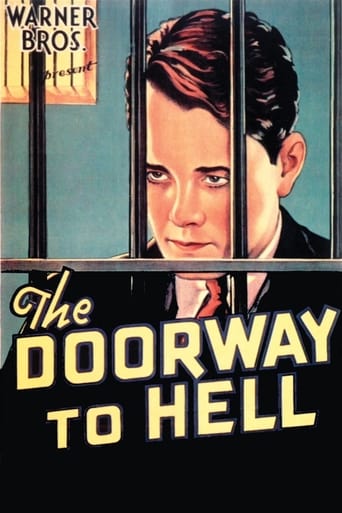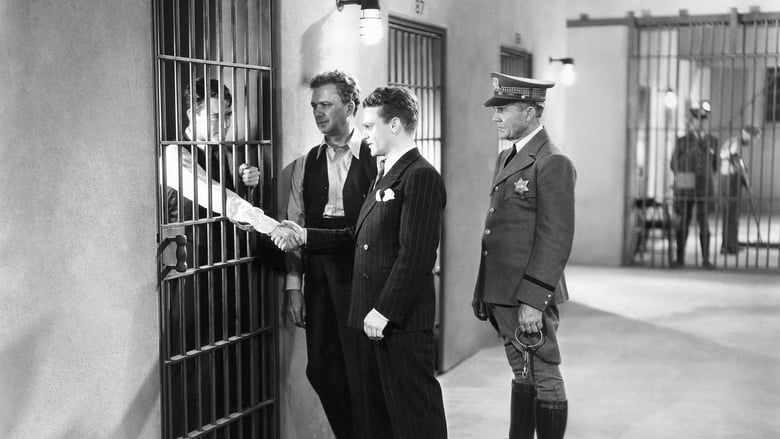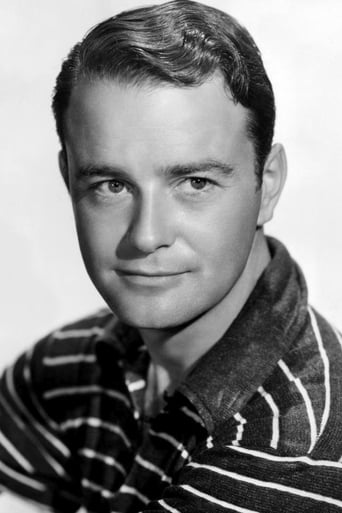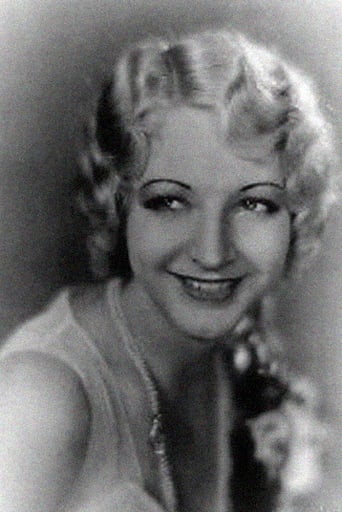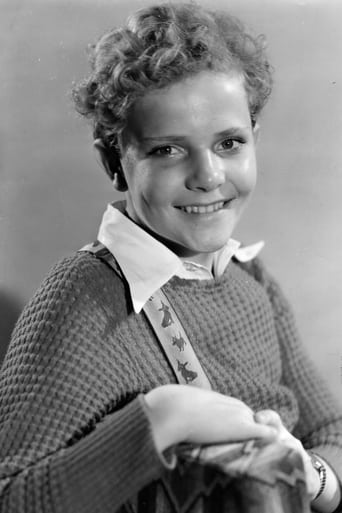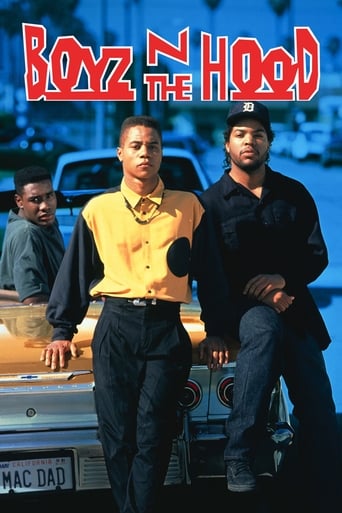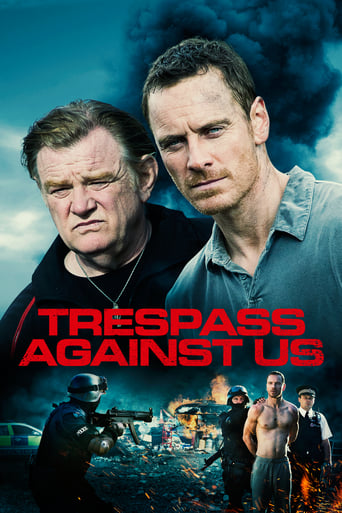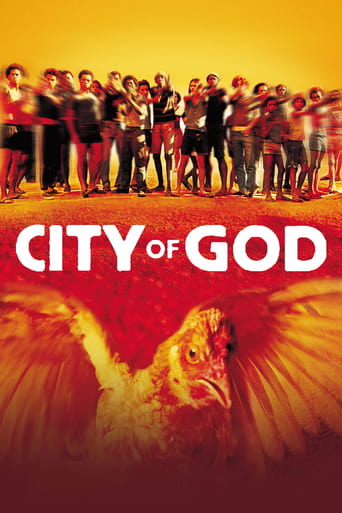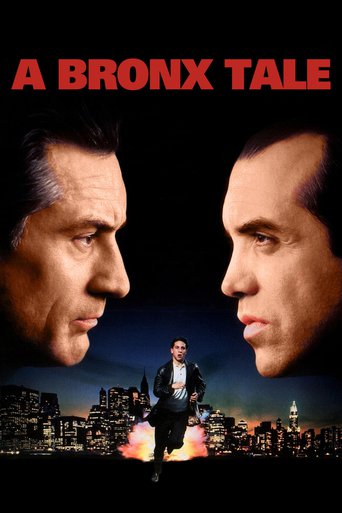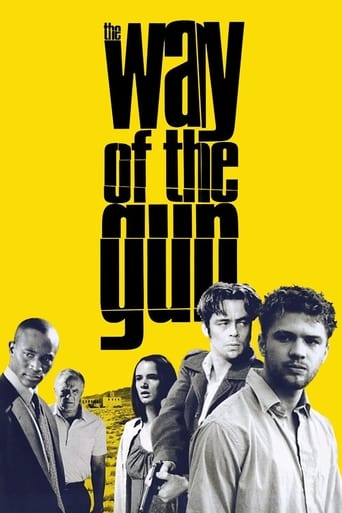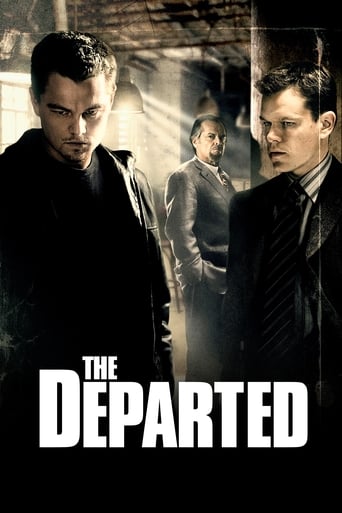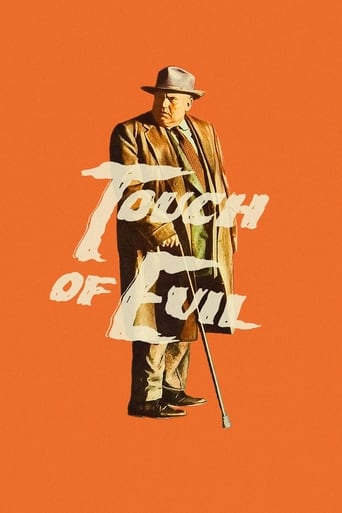The Doorway to Hell (1930)
A vicious crime lord decides that he has had enough and much to the shock of his colleagues decides to give the business to his second in command and retire to Florida after marrying his moll. Unfortunately, he has no idea that she and the man are lovers.
Watch Trailer
Cast


Similar titles
Reviews
When a movie has you begging for it to end not even half way through it's pure crap. We've all seen this movie and this characters millions of times, nothing new in it. Don't waste your time.
Good films always raise compelling questions, whether the format is fiction or documentary fact.
Like the great film, it's made with a great deal of visible affection both in front of and behind the camera.
The acting in this movie is really good.
This pre-Code gangster movie is interesting primarily because of James Cagney, who is in a supporting role, that of a gangster's right-hand man. His boss is played somewhat improbably by 21- year-old Lew Ayres, who is hard to believe as he threatens rival gang members to fall in line under his authority. However, fall in line they do, that is, until Ayres decides he's had enough and decides to retire. (Yes, the pretty boy baby-face had had enough of the game, when it looks like he hasn't started shaving) When he's gone, all hell breaks loose for reasons we can't really fathom, prompting them to attempt to reel him back in by kidnapping his kid brother, who is away at a military school. Ayres is one of the casting issues; the other is the policeman played by Robert Elliott, who is far too lethargic as he delivers his lines. The script is actually pretty good, and there are some lines that are wry and just perfect for the genre and time period. The ending is drawn out, however, and it's too bad the story surrounding the love interest (played well by Dorothy Matthews) who marries Ayres but secretly loves Cagney isn't expanded on, though the scene where she coyly slips off her wedding ring to encourage him is nice. The movie hits you over the head with an anti-crime message, but as you think about the actions of the police officer, coercing statements and selectively deciding who to protect, you have to wonder how effective this message was. Anyway, the net of all of this is a reasonably entertaining movie, but nothing to write home about. This was only Cagney's 2nd movie, just before a string of movies the following year which would cement him as a star, most notably, The Public Enemy, and he's such a natural with great screen presence. As a footnote, I found it ironic that while Ayres in the movie lauds Napoleon, his brother's military training, and war in general, Ayres in real life was a conscientious objector during WWII, making him very unpopular at the time, though he served with honor in the medical corps instead.
... even though many people complain that the role should have gone to Cagney. Ayres' baby-faced good looks and polished exterior were supposed to clash with the reality of the gangster that he was - that is part of the whole point of the film.Ayres plays Louie Ricarno, a gangster who has decided to take the warring gangs of the city and run them like departments of a corporation of which he, of course, is president. In spite of some beefing by the other gangsters at first, in the long run this ends the in-fighting and all the gangsters make more money in the bootleg booze business and like the arrangement. Ricarno makes more money than any of them and this enables him to marry his dream-girl, retire, and live the life of a gentleman in Florida. At something like the tender age of 25 he is even writing his memoirs. However, he has two problems. First, you can take the girl out of the speak-easy (his wife) but you can't take the speak-easy out of the girl. Secondly, once Louie is retired, the same old in-fighting starts up again among the gangsters he left behind and they yearn for Louie to return and restore order. When he refuses, a couple of the gangsters cook up a plan to force him to return that goes horribly wrong and ends up killing someone close to Louie. Full of vengeance, Louie does return home, but not to restore order.Cagney here has a minor role as right hand man to Louie and one-time boyfriend of Louie's now bored wife Doris. He's perfect in the role since his openly wise-guy exterior is in sharp contrast to Ayres' gee-whiz personna, in spite of the fact that they are equally violent.Louie is a sympathetic character in many ways. He isn't someone who just picked crime as a career. Instead he grew up in poverty, lost his parents at a young age, lost two siblings to typhoid from bad milk, and just doesn't know any other way to live than dog eat dog. This doesn't excuse what he does, but it is something of an explanation. In this sense this film is ahead of its time in complexity. Also interesting is Louie's almost-friendship with Captain Pat O'Grady, the cop that is determined to get Louie and his gang off the street once and for all.
(There are Spoilers) Rarely seen and almost forgotten early gangster film that in fact was the first of the great crime motion pictures of the early 1930's, released before the big three "Little Caesar" "Public Enemy" and "Scarface", that put the "organize" into "organized crime".Getting to the top of the heap of the Chicago Crime Syndicate through murder blackmail and payoffs, to the police politicians and judges,Louie Ricarno decides to get all the city's bootleg gangs united into one big operation with him of course in charge. Hesitant at first the leaders of the crime gangs soon see the genius of Ricarno's master plan in that they now can runs their illegal business's without the fear of being rubbed out by each other.Feeling that there's nothing left for him to conquer, in the world of crime, Louie decides to retire, at the ripe old age of 22,and move to his estate in Forida to live out his life in peace and quite, with his new wife Doris, spending his time playing golf and writing his autobiography. There's also the fact that Louie's kid brother 12 year-old Jackie had been enrolled in the prestigious Fairfield Military Academy. Louie doesn't what Jackie to have anything to do with the kind of persons, gangsters, that he dealt with all his life.It turns out that without Louie in charge the organization that he founded started to fall apart. In no time at all the gangs start to go a each other in an all out gang war ending up in danger of destroying themselves. Wanting to get Louie out of retirement and thus, with him back in charge, save what's still left of the organization two of his former colleagues the Midget and his partner in crime Gimpy try to kidnap little Jackie. The two hoods plan to hold him hostage in order to get Louis back in line. The blotched kidnap attempt only has the kid, in his trying to escape, get himself run down and killed in a tragic traffic accident.With the news of Jackie's death Louie get's back to work as a crime chief and in no time at all blood is split on the streets of Chicago. Louie has his hoods gun Gimpy down and leave his body on the gutter as a warning to the now terrified Midget. That was to show the Midget just what's in store for him or anyone else who messes with either the "Great Louie Ricarno",the self proclaimed "Napoleon of Crime", or those like Little Jackie that he loves and cares about. While Louie is fixated on getting the Midget who's anything but, he stands at 5 foot ten inches and weighs about 280 pounds, his right hand man Steve Mileaway is playing around with Louie's wife Doris behind his back.Eventually having the Midget iced, off camera, Louie becomes the prime suspect in his murder. With Louie being in the clear by providing an air-tight alibi for himself, in The Midget's untimely demise the police headed by the slow talking and barley awake, he looked like that at any moment he'll keel over and fall on his head, Captain Pat O'Grady need someone close to him to finger Louie in The Midget's murder. It's there where the double-crossing and scared of his, Louie's, shadow Steve Mileaway steps in.Capt. O'Grady set Louie up in an elaborate plan, with the help of Louie's "good friend" Mileaway,that has him face and receive ultimate justice not from the police D.A or FBI but from his own kind the mob itself! A street-like Justice that he in fact meted out so many times to others is now what Louie Ricarno is to receive himself!
Though he drops a couple of notches in the screen credits from his first picture, "Sinners' Holiday", James Cagney still dazzles as a top mobster's second in command and hones the skills that will find him topping the bill for 1931's "The Public Enemy". Funny how Cagney's smart aleck attitude and mannerisms got him stereotyped as a gangster right out of the block, and he made it seem all so natural.As for the story, Warner Brothers takes yet another stab at the menace to society theme with it's take on mob violence and competition between rival gangs. This was my first look at Lew Ayres, who heads the cast as crime boss Louie Ricarno. In an opening scene, he's out to 'teach a guy a lesson' for being a rat, and from there he sees an opportunity to bring all the local big shots together under his own umbrella. Though generally effective in the role, I did find it somewhat humorous when Ayres went into that surly pensive mood from time to time throughout the story. I also got a kick out of the scene in which Ricarno fancies himself as big a man as Napoleon, and Cagney does a mock impersonation of the dictator to the amusement of Louie's girl Doris (Dorothy Matthews).With the back drop of Louie going straight and retiring to Miami with his new wife, the film throws a minor curve with the autobiography he's writing. I thought for sure that police captain Pat Grady (Robert Elliott - O'Grady in the credits) had it right when he offered the suggestion - "Don't write the last chapter till the night you go to the chair". Instead, knowing that there's no safe way out of the flop house he's holed up in, Louie gussies himself up for a 'handful of cloud'. The finale is effective for Warners' purposes, the fade out hones in on the rewritten last page of the Louie Ricarno story, the 'doorway to hell' swings only one way.Keep a sharp eye and you'll catch a typo in the gangland slaughter headline of the newspaper Louie reads in the boarding house - it reads 'grewsome' for 'gruesome'.For an early talking picture, I found the film to be fairly well written and acted, most of that contribution coming from the main principals, Ayres and Cagney. I would like to have seen a better resolution of the Ricarno/Mileaway relationship, particularly since Cagney's character just disappears after his 'confession', and even more so because of his heavily implicated fling with Ricarno's wife - very risqué stuff for the 1930's. The scene in the cab when she removes her ring probably brought a few gasps to audiences of the time, don't you think?

